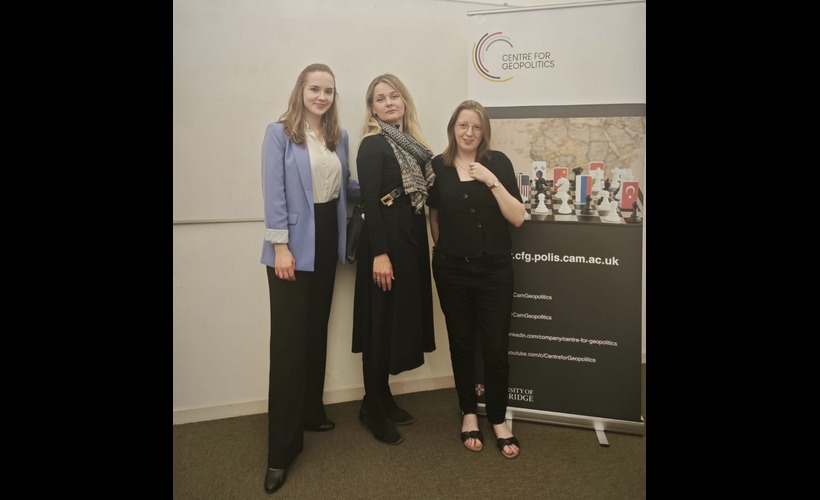By Professor Brendan Simms
Now that Brexit has been completed, for better or for worse, the immediate challenge facing the UK government will be how to deal with the growth of centrifugal forces on our archipelago. This is partly a question of mitigating the effects of Brexit, but it is also a matter of counteracting the fact that EU membership has fuelled the rise of separatist movements like the SNP within member states and, of course, of managing longstanding national differences between and within the two islands.
At the beginning of the last century, the constitutional position was fraught but relatively straightforward. There were four ‘core’ nations, the English, Irish, Scots and Welsh and a composite nation, the British, which aspired to encompass them all. There was only one state and one union, the United Kingdom, which had been constructed 1707-1801 and little changed over the following hundred years. Today, we have five national identities, four parliaments, three devolved assemblies, two internationally recognised states, two unions and one hell of a mess.
The Centre for Geopolitics has engaged with these issues for some time. Our unique contribution to these debates is in recognising that these questions are deeply shaped by geopolitics. The relationship between England, the other three nations and the rest of Europe has always been a triangular one. So far, the UK Union has been the most satisfactory, or at least the most enduring response. The closest analogy to the current situation is perhaps the Early Modern period, when the British state and the European state system were still in formation, and everything was ‘up for grabs’. We may be in the throes of a such a fundamental recasting, or it may be that a Union which has survived many other European settlements will outlast all existing ones yet.
In addition to our public events on the Union, the Centre has been involved in more informal discussions with government, especially the Cabinet Office, about the historical framing of current constitutional questions. Now the Centre plans an even more concerted engagement with these issues. We have begun to craft an intellectual project to better understand the UK Union, where it came from and where it might be heading. We ask whether the historical roots of the United Kingdom give us any clues as to what is to come. Did membership of the European Union serve to fray or to consolidate the bonds of the UK Union? Will external forces keep the Union together or drive the nations apart? Will we see wide-ranging constitutional change, or a return to the original concept of an ‘incorporating union’? As we embark on this endeavour, the Centre would welcome input and offers of support, both intellectual and financial.







